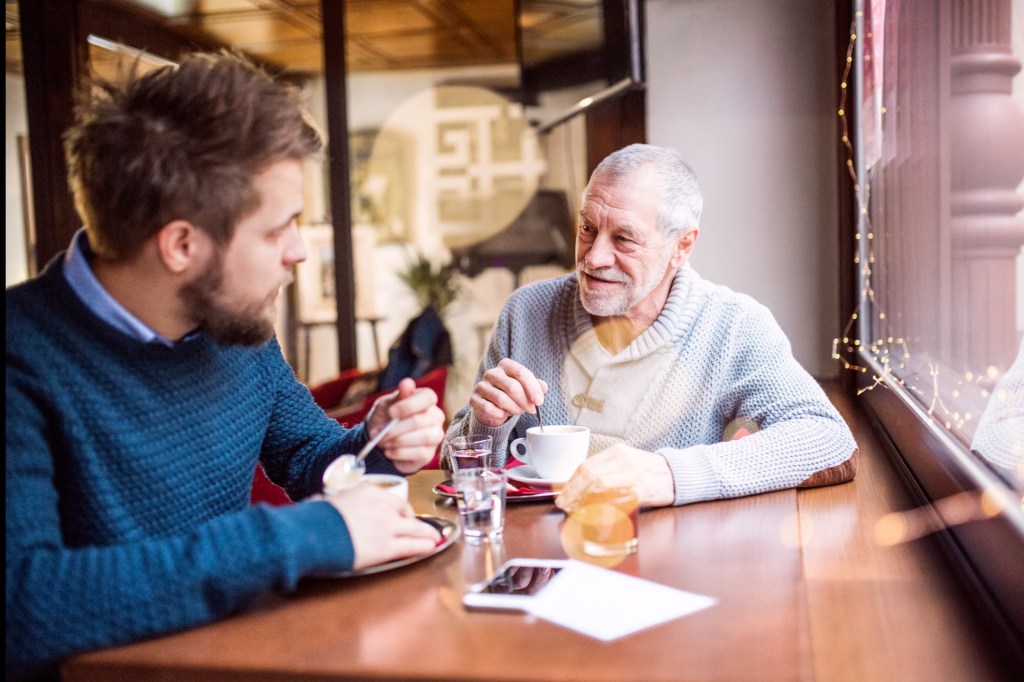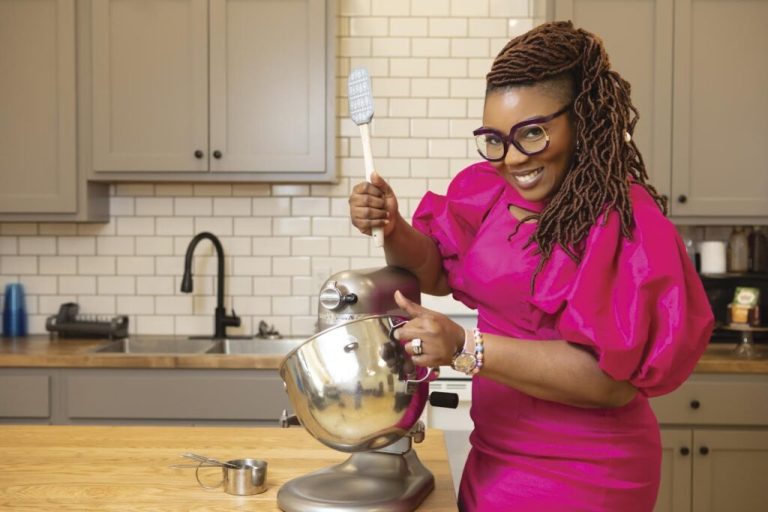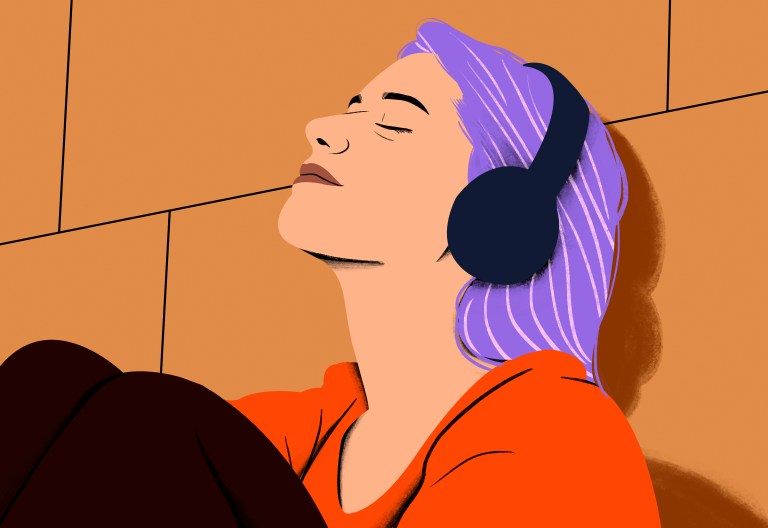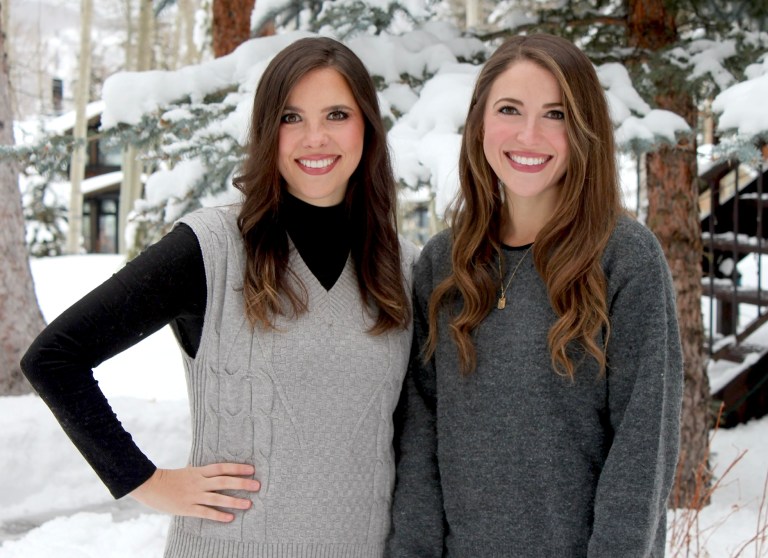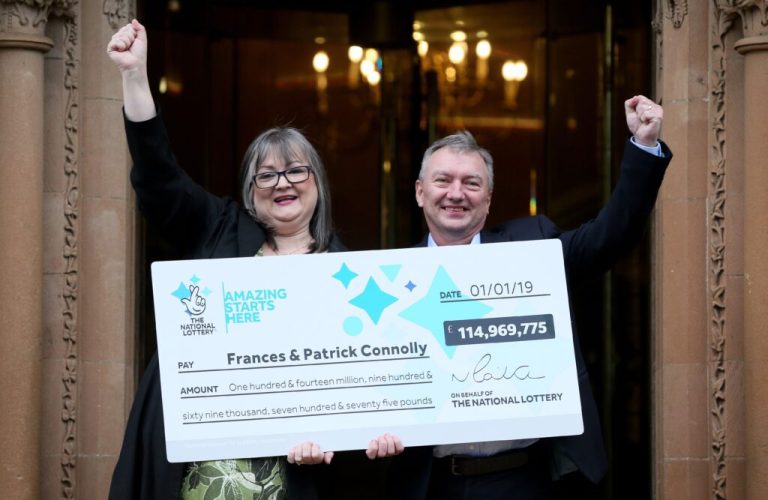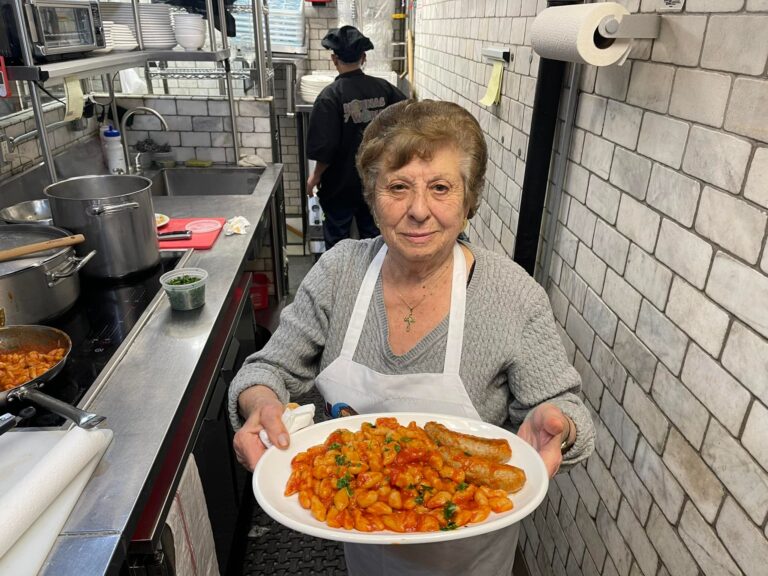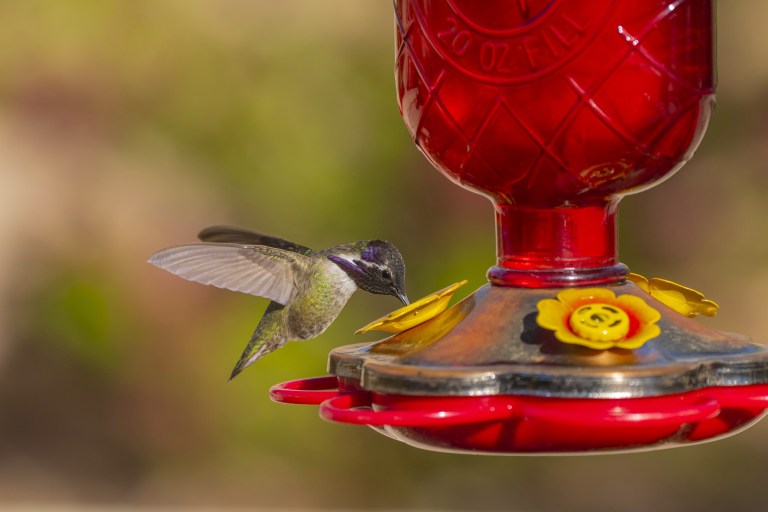As introspective author Anais Nin once said, “Each friend represents a world in us, a world possibly not born until they arrive, and it is only by this meeting that a new world is born.” We all know that solid friendships are valuable — they instill a sense of belonging, improve our well-being, and provide us with new insights and perspectives. And experts reveal that unions adhering to the adage “age is just a number” may be especially beneficial.
As the term suggests, intergenerational friendships are strong social ties between people at different stages in life — like a baby boomer and a millennial, or a Gen X and a Gen Z.
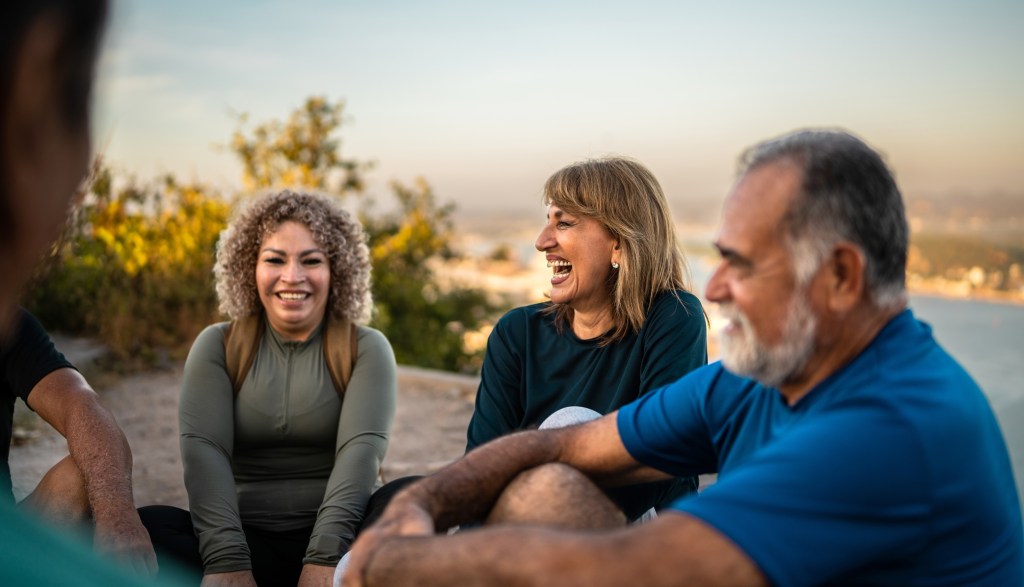
“[It’s] a relationship between people of different age groups who form a meaningful, mutual bond based on connection, respect, and shared experiences,” Meredith Van Ness, a therapist and life coach in Steamboat Springs, Colorado, told Nice News. “It’s not about one person advising or teaching the other; it’s about the richness that comes from seeing the world through someone else’s lived experience.”
Most of us primarily form close-in-age friendships based on established norms, opportunity, and conditioning, added Michele Leno, a licensed psychologist and talk show host in Detroit. “When we start school, we spend the day with people our age, which feels normal,” she said. “The separation based on age group is familiar, and we subconsciously accept it as a way of life. During adulthood, we interact with people of different generations and backgrounds, and quickly learn that we are not so different after all.”
As one would imagine, friendship of any sort can tremendously benefit our health and overall happiness, affirmed Jacqueline Olds, a psychiatrist at McLean Hospital in Cambridge, Massachusetts. Indeed, a 2020 study suggests that people with meaningful social bonds tend to have higher life satisfaction and a lower risk of depression. As Olds explained, this is partly because we take better care of ourselves when we feel connected to others. “In addition,” she said, “we enjoy life more, which is not to be underestimated when it comes to flourishing.”
And intergenerational friendships can provide additional benefits for both parties. Charlynn Ruan, licensed psychologist and founder of Thrive Psychology Group, which offers therapy online and in New York and Los Angeles, noted that comparisons and competition are unlikely in such pairings.
“I often hear people in therapy say they feel like they are ‘behind’ or ‘on a different track’ than their friend group, which comes from the natural human tendency to compare ourselves,” Ruan said. “When you and your friend are at completely different places in life, you can celebrate each other’s wins without feeling any twinges of jealousy or anxiety for your own life trajectory.”
Ruan also said that older friends can impart wisdom and perspective to their younger counterparts. “The older friend can say, ‘It’s going to be okay’ or ‘You don’t need to worry about that,’ and back it up with their own lived experience,” she pointed out. Moreover, Ruan stated that people often downplay — or don’t even mention — their big milestones to their peers because they don’t want to make them jealous or sad. “The older friend is in a different place in life, so you can tell them your wins and not worry that it will cause them any pain.”
Younger friends can also provide new perspectives for their older pals and introduce new experiences — and may even be less judgmental. “The older friend may not even realize that they have accomplished impressive things until they can see how their younger friend respects their life and all they’ve done,” Ruan said. “They also gain wisdom and a fresh perspective from the younger person that’s different from that of their peer group.”
Gary Small, chair of the psychiatry department at Hackensack University Medical Center in New Jersey, added that older adults may feel more energized by connecting with their younger counterparts. “[They] often feel younger when they connect with younger people,” Small said. “It’s interesting to learn about their generation’s interests and social life, and heartwarming to be accepted and appreciated by someone younger — especially since our society suffers from ageism.” Research suggests that, for older adults, having a younger friend or mentee can improve mental and physical health while instilling a sense of purpose and connectedness to society.
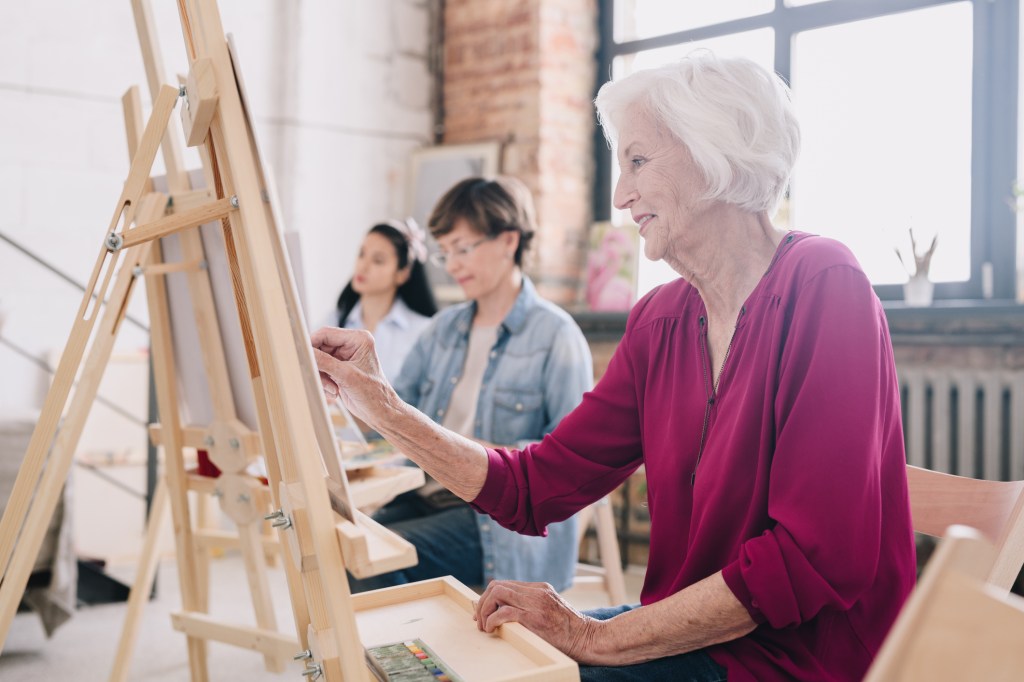
How to Make an Intergenerational Friend
Leno revealed that forming an intergenerational friendship may be easier than it seems if you focus on connections rather than age. Below, we’ll look at some tips to get started.
Step outside your usual circle: Many social gatherings like community and church events include diverse age groups, Leno said. Strike up a chat with different people, regardless of their life stage.
Talk to your neighbors: Ruan suggested that an intergenerational friend could be just outside your front door, so get to know your neighbors.
Take a class or pursue a hobby: Van Ness highlighted that classes and interest groups — such as birdwatching, cycling, painting, or book clubs — can be a great way to meet people of various ages who share your passions and interests.
Volunteer: Giving back can help change lives and improve your community. Plus, Van Ness said that joining a volunteer group is another excellent opportunity to interact with people of multiple ages. And according to the American Heart Association, volunteering can also yield some pretty significant health benefits, including reducing the risk of high blood pressure, anxiety, or depression.
Befriend a coworker: Work is a great place to make an older or younger friend, since workplaces typically include employees from different generations. Ruan suggested connecting with people in other departments if you’re worried about befriending your boss or someone you manage.
How to Be a Good Friend in General
Ultimately, although intergenerational friendships may look a bit different than slightly more conventional ones, the guidelines for being a good pal remain the same.
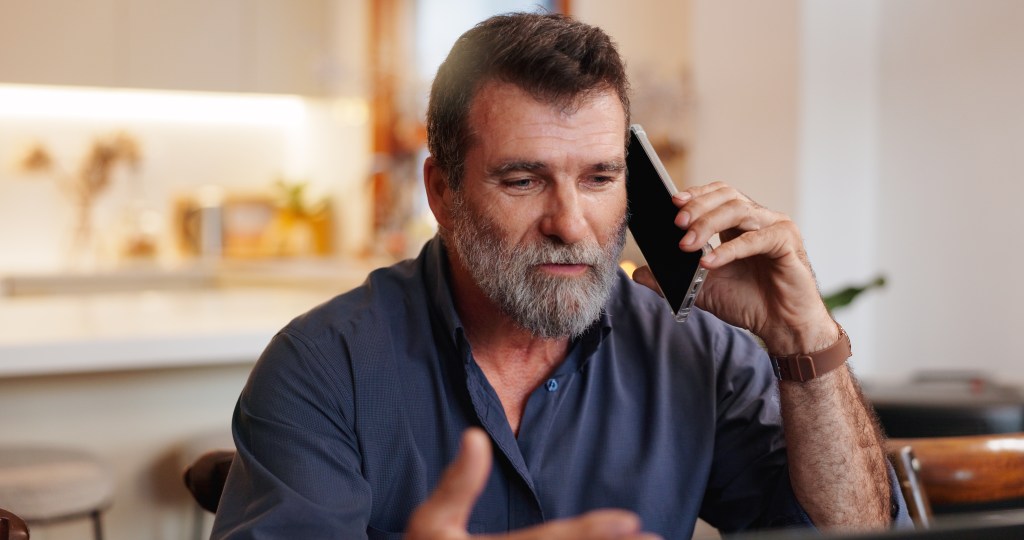
Take turns: Olds explained that if someone calls, texts, or invites you to an event, it becomes your turn to do one of those things next. The relationship may feel imbalanced otherwise, as though one person is more invested than the other.
Show empathy: Our ability to understand another person’s point of view and express that understanding is fundamental to any relationship, Small said. Be a good listener, try to avoid being judgmental, and show genuine concern for their concerns.
Step up when they need something more: When someone’s going through an especially difficult time, Olds recommended giving them more support than usual — whether by cooking them a meal or running an errand. Don’t wait until they ask for help, she said; take the initiative and volunteer to lend a hand.
Be thoughtful: Make a note when your friend mentions something they like, such as their favorite band or ice cream flavor, Ruan suggested. When giving them a gift, refer to that note and choose something that reflects your genuine interest in them and their tastes. She also advised reaching out between get-togethers to show your friend you’re thinking of them — even a quick note can mean a lot.
Show up: No one wants an unreliable, flaky friend, Small reminded us. Being reliable and consistent can help build trust and strengthen your bond.
RELATED: From Close to Convenient: The 7 Types of Friendships Everyone Needs
